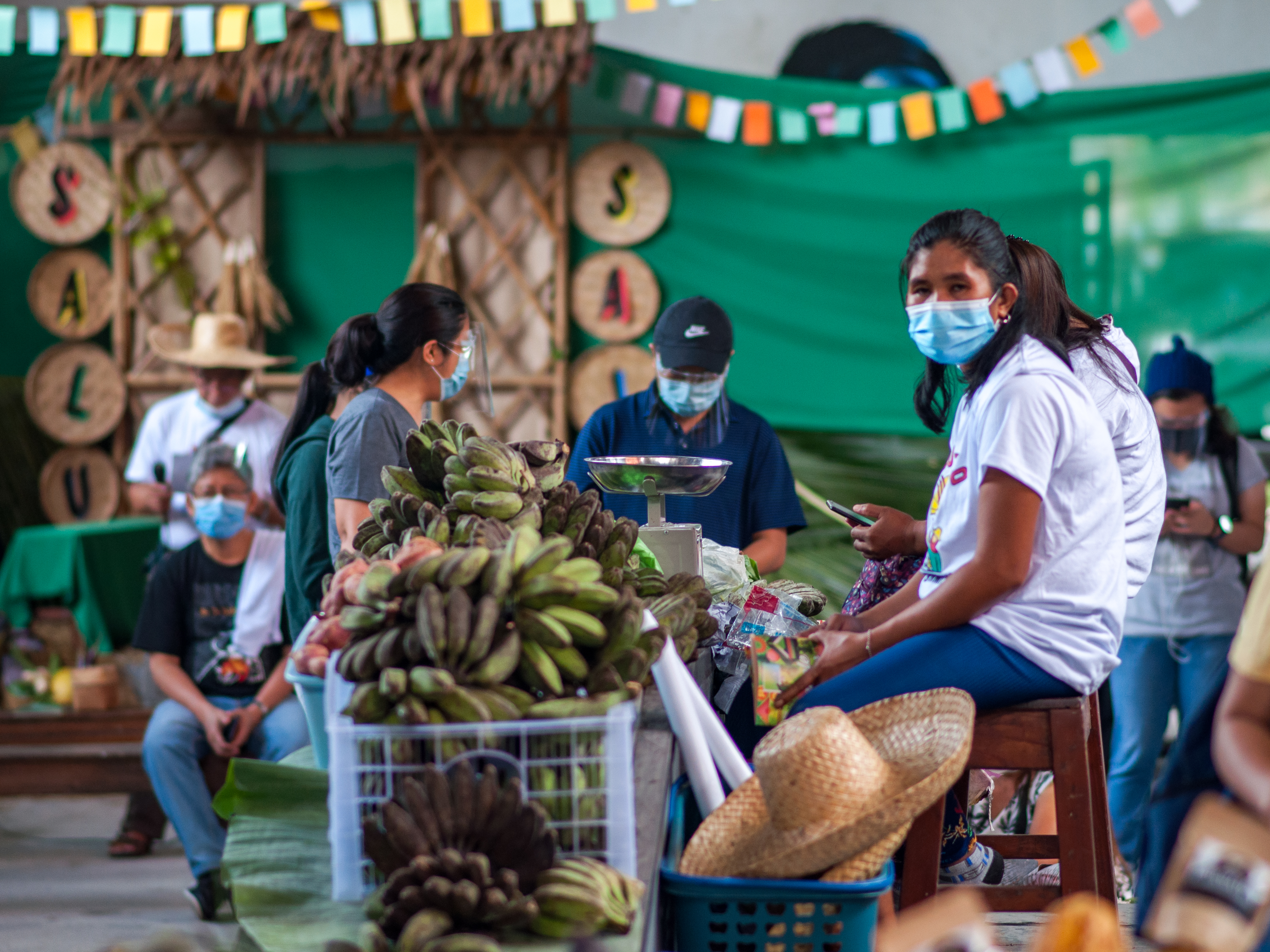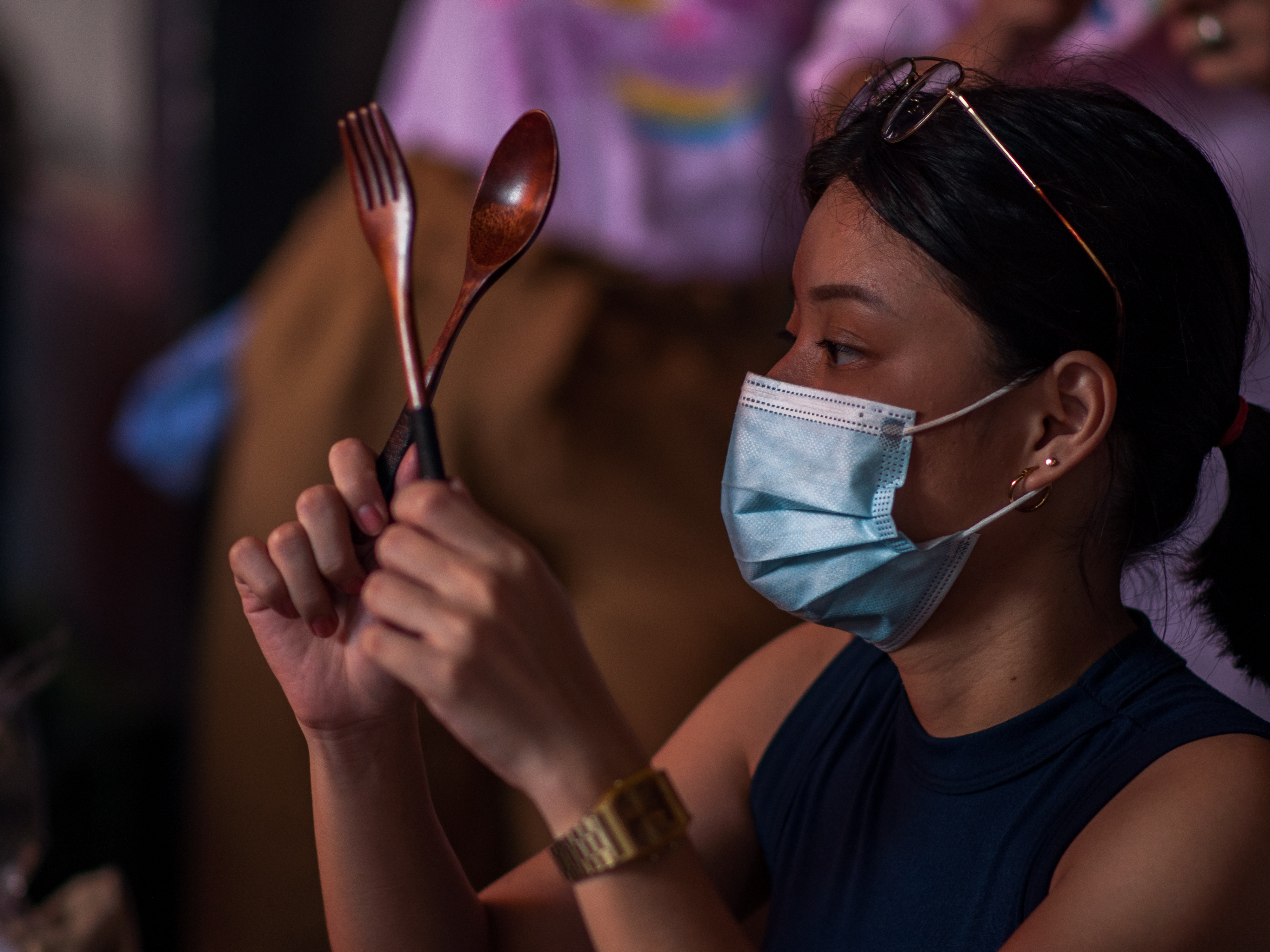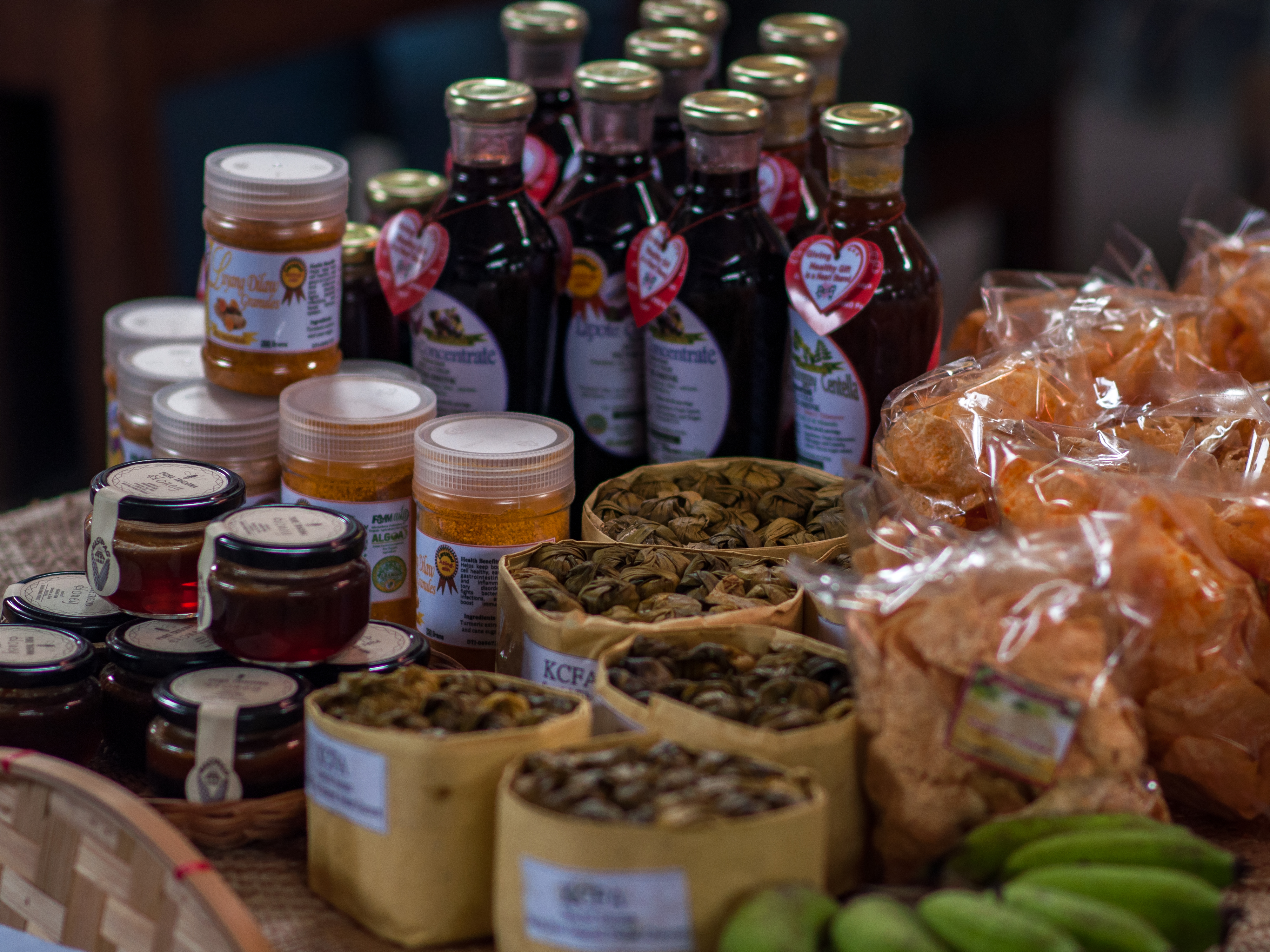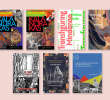
Photo by Kel Malazarte
By Angeli Lacson
METRO MANILA, Philippines — Last November 7, I visited Salu-Salo Agroecology Festival: Pagkain Para sa Lahat, a community market organized by the Agroecology Exchange, Kilusang Magbubukid ng Pilipinas, Amihan National Federation of Peasant Women, Bantay Bigas, and other food security and peasant organizations at the Sagul Malingap Foodpark, Quezon City. Numerous booths featured a variety of local produce by farmers from different provinces as far as Benguet and Cavite; vegan and vegetarian meals like “langkatsu” (langka katsudon) and ginataang halu-halo; products from small local businesses; and books, zines, newsprints, and other art tackling peasant and social issues.
The highlight of the event was Kalansingan sa Tanghalian, wherein food advocates and festival participants struck together utensils and plates to symbolize the call for genuine agrarian reform and food systems change. Throughout the day-long event, several spokespersons discussed the state of the Philippine food system, calling attention to the issues facing the peasantry such as landlessness and land grabbing, militarization in the countryside, and the devastating impact of the Rice Liberalization Law.

Photo by Kel Malazarte
Anticipating a bountiful veggie haul, I came to the festival with two empty ecobags and left with bags bursting with food and goodies: cacao fruit (which I had never been able to try before), native corn, strawberry preserves, kapeng barako, local tablea, homemade leche flan, and palitaw. More importantly, I went home with the irrefutable certainty that another way is possible—that we can create food systems that are just and sustainable.

Photo by Kel Malazarte
When land is returned to the tillers and farmers can grow native and seasonal crops, soil retains its nutrients and biodiversity is protected. When the peasantry is supported through free irrigation and post-harvesting facilities, government-sponsored cash and food aid, tariff protections against imported goods, and social services like free healthcare and housing, it paves the way for everyone to have access to nutritious and sufficient food.
As consumers, we must see ourselves as interdependent with our food security frontliners—farmers and tillers, fisherfolk, and indigenous peoples. The food we eat does not appear out of nowhere, and it is sometimes difficult to remember this when the peasantry is forcibly absent from national conversations, consistently ignored by the government, and brutalized by armed forces. We can be active participants in our food systems by standing with our farmers and fisherfolk, which entails not only buying local produce but also fighting with the them for their right to land, food, aid, and justice.
Part of what the ongoing pandemic is teaching me is how essential food is to our survival. When Metro Manila was under Enhanced Community Quarantine (ECQ) and people were mandated to stay indoors, some of the only establishments allowed to stay open were grocery stores and food markets. It is likewise through food that we can build strong immune systems resistant to illness and disease. Quite literally, we owe our lives to our farmers, fisherfolk, and food security frontliners. Our collective future, too, relies on what happens to our farmers and fisherfolk and to the land that is rightfully theirs, the waters that belong to the people. We are already living with the disastrous effects of the capitalist-driven climate crisis—a crisis that disproportionately harms the poorest and most vulnerable among us. As the pandemic rages on, it is clearer than ever that we still have a world to win. Let’s choose to stand with our farmers. (davaotoday.com)
Angeli Lacson is a Comparative Literature student. She is a member of Rural Women Advocates and U.P. Writers Club.










